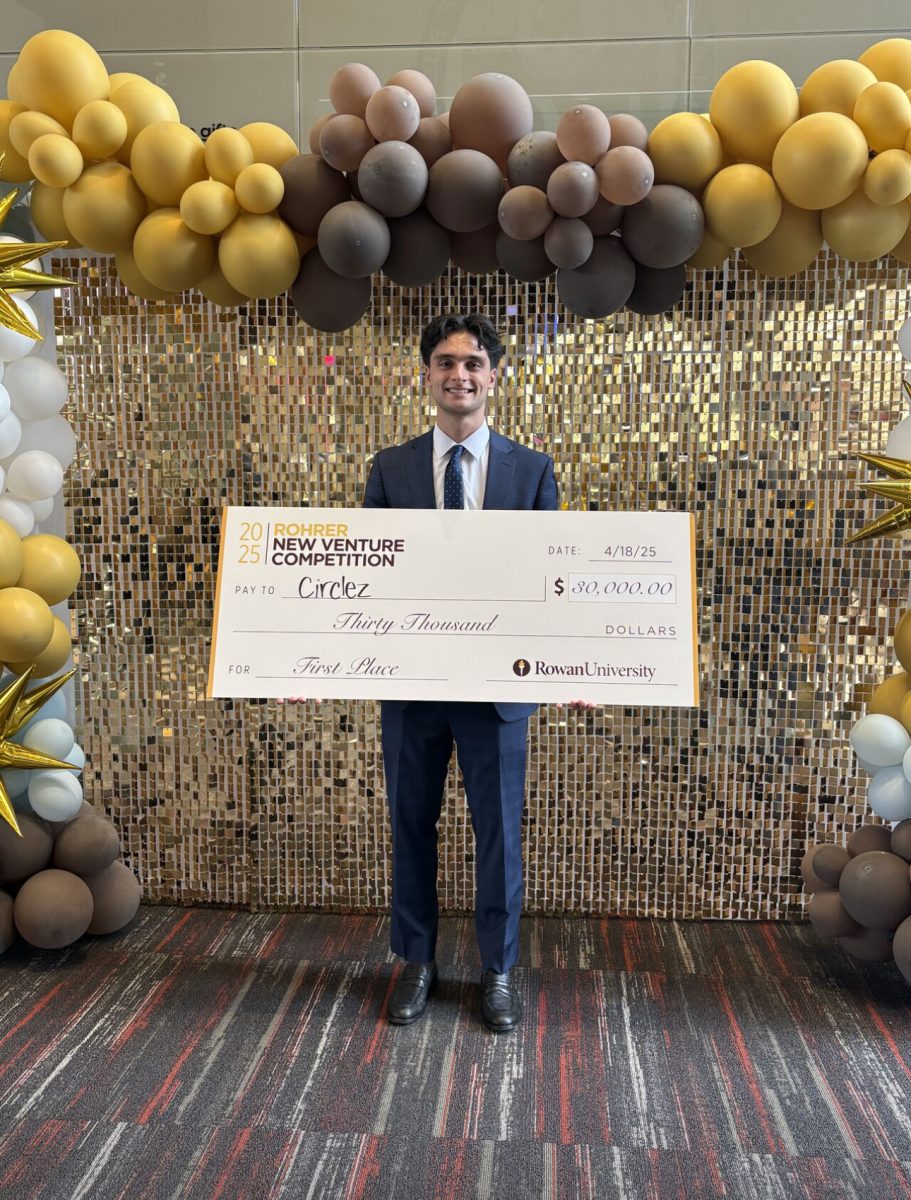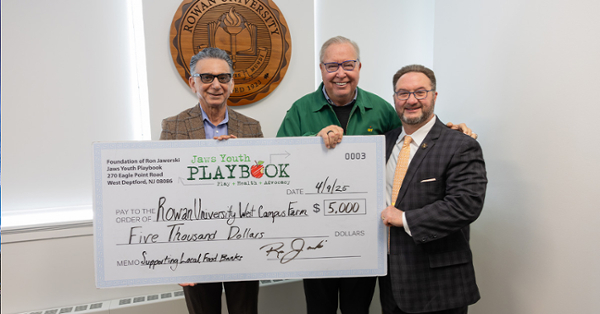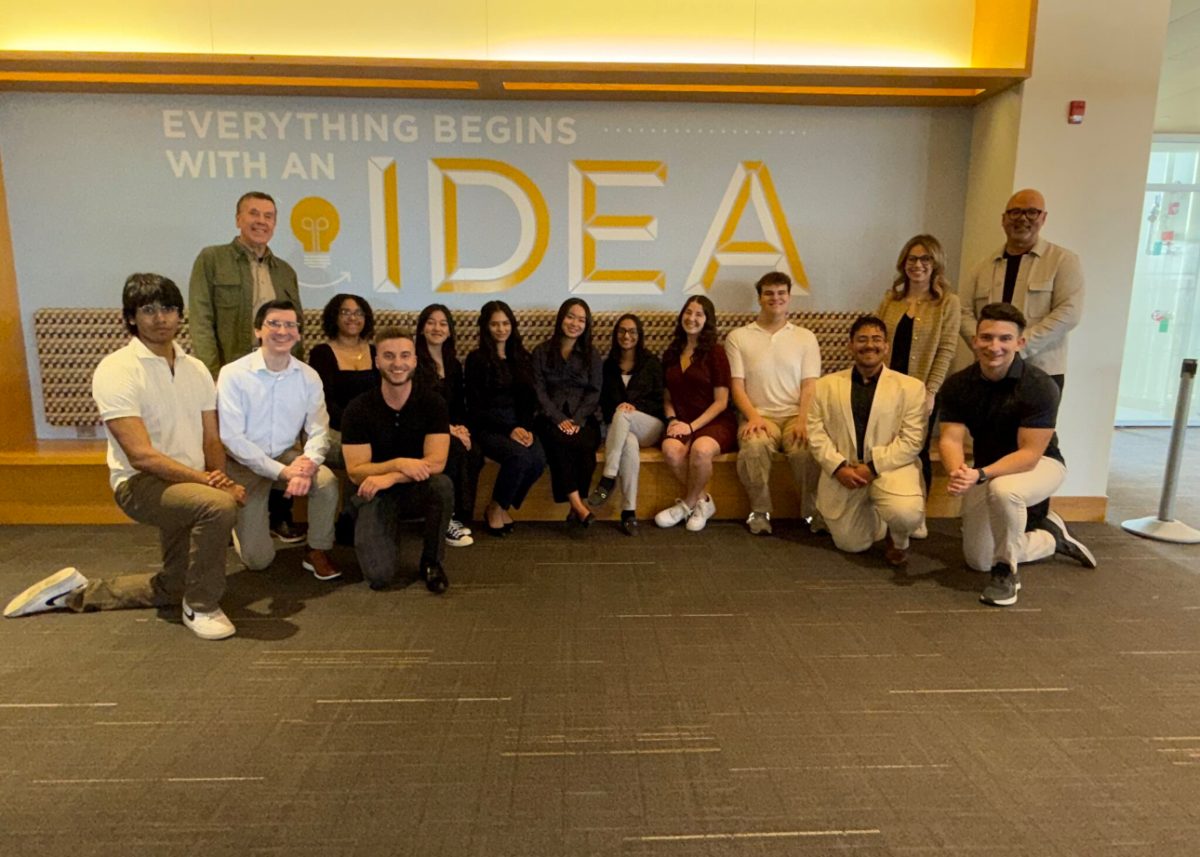In the most recent step of Gourmet Dining’s journey to become more sustainable, it has gotten rid of most single-use plastics in Rowan’s dining halls.
The transition started at the end of the spring semester, phasing out the single-use utensils, napkins, etc. to bring in the new products.
Some of the new products include Eco Products’ Plantware line of cutlery, which is made of polylactic acid (PLA) plastics.
PLA is a bioplastic made “from natural resources with good mechanical and chemical properties,” according to the article, “The Life Cycle Assessment for Polylactic Acid (PLA) to Make It a Low-Carbon Material” from the National Library of Medicine.
PLA is biodegradable and emits less greenhouse gases.
“Everything that was plastic is now either a bioplastic made from sugar cane derived…compostable or degradable products, at home compostable,” said Al Irons, Gourmet Dining’s director of operations.
Gourmet Dining does not have the ability to commercially compost as of this time.
Utensils aren’t the only thing that Gourmet Dining switched over.
“We eliminated all our single-use plastics down to where even our garbage bag,” Irons said, “The only things that we don’t have are plastic gloves and plastic wrap.”
This includes products used to serve the food and straws which are now made of biodegradable plastics or bamboo.
This isn’t the first time Gourmet Dining has made steps to make its operation more sustainable.
“We’ve had a lot of efforts at locations,” said Jennifer Campbell, marketing director at Gourmet Dining. “We skipped the straw first, that was several years ago before New Jersey made a mandate to things.”
After years of more back-end changes to make Gourmet Dining more environmentally friendly, Campbell and Irons found that there was pressure from students to get rid of the single-use plastics.
“This, the biggest ask of everybody, is about single-use plastics and disposables,” Irons said. “How do you answer the biggest cry, the biggest yell, right?”
Students noticed the changes and received them well.
“I think it’s great,” said Juliana Caruso, a first-year biological sciences major. “You only have one planet.”
The only issue students brought up was the fragility of the utensils.
Mabell Wolfson, a first-year biological sciences major, said that in a rush the utensils, especially the forks, would “break easily.” This doesn’t bother her, however.
This is still better than the alternative, Campbell explained.
“You go someplace to eat and you get those lovely cardboard straws,” Campbell said. “If you keep them for a long time, they get a little bit mushy and stuff.”
PLA is known for being more ecologically friendly than the average plastic, but there are some caveats.
PLA is only biodegradable under specific circumstances and temperatures. In landfills, it’s much less healthy for the environment.
“PLA products are still stable in soil and their landfilling merely affects the environment because only one percent will be degraded after 100 years,” said the article on PLA from the National Library of Medicine.
PLA is generally regarded as a step forward for sustainability even with the issues mentioned, but reusable materials will generally be the safer bet for the environmentally conscious.
This isn’t the end for Gourmet Dining’s changes for a sustainable future. Plans are in place to spread awareness about sustainability and make more changes to the way it runs operations.
The next step is its delivery and catering vehicles.
“We are looking at zero-emission vehicles to replace all our current vehicles,” Irons said. “No more gas guzzlers.”
Gourmet Dining is also eager to hear from students.
“We have student groups that reach out to us and talk to us about these types of things,” Campbell said. “And we’re always looking for feedback from them and input and then potentially like tabling from groups like that.”
A big reason for pushing sustainability is also so that students don’t have to make these decisions all the time.
“A lot of people don’t need to worry about all this,” Irons said. “You got to go take care of your studies, focus on your academics, move on, try to build a little bit of a social life.”
Making sure that students are aware of the changes is a big point for Irons.
“We want to make sure people know that’s [the sustainability plans] what has actually happened,” Irons said, “We don’t just take things for granted.”
For comments/questions about this story DM us on Instagram @thewhitatrowan or email [email protected]
























































































































































!["Working with [Dr. Lynch] is always a learning experience for me. She is a treasure,” said Thomas. - Staff Writer / Kacie Scibilia](https://thewhitonline.com/wp-content/uploads/2025/04/choir-1-1200x694.jpg)














































